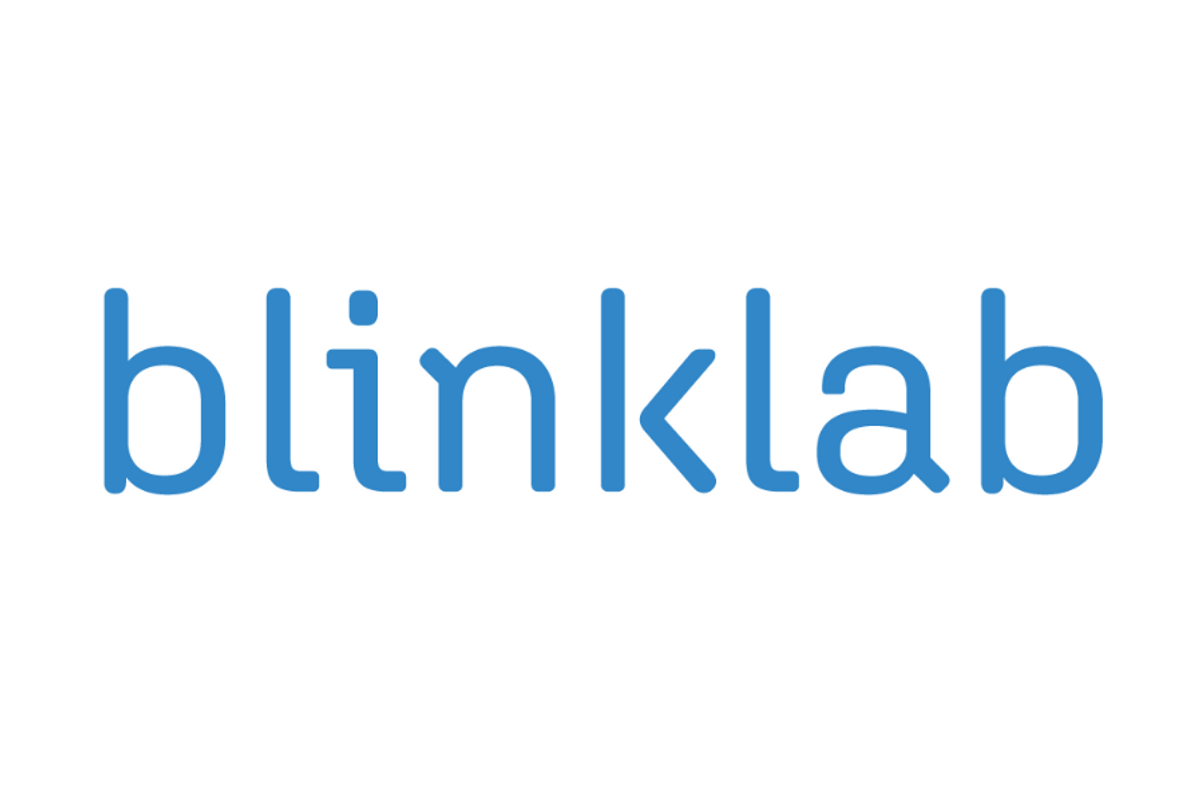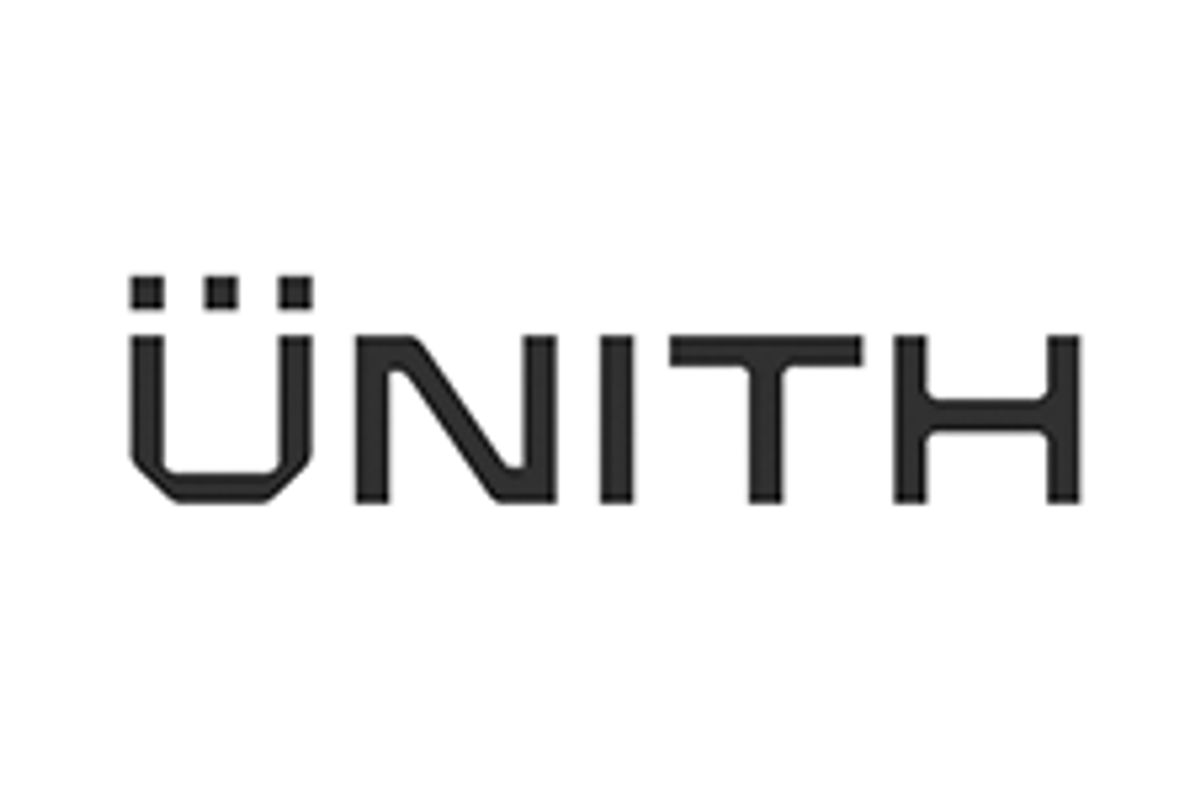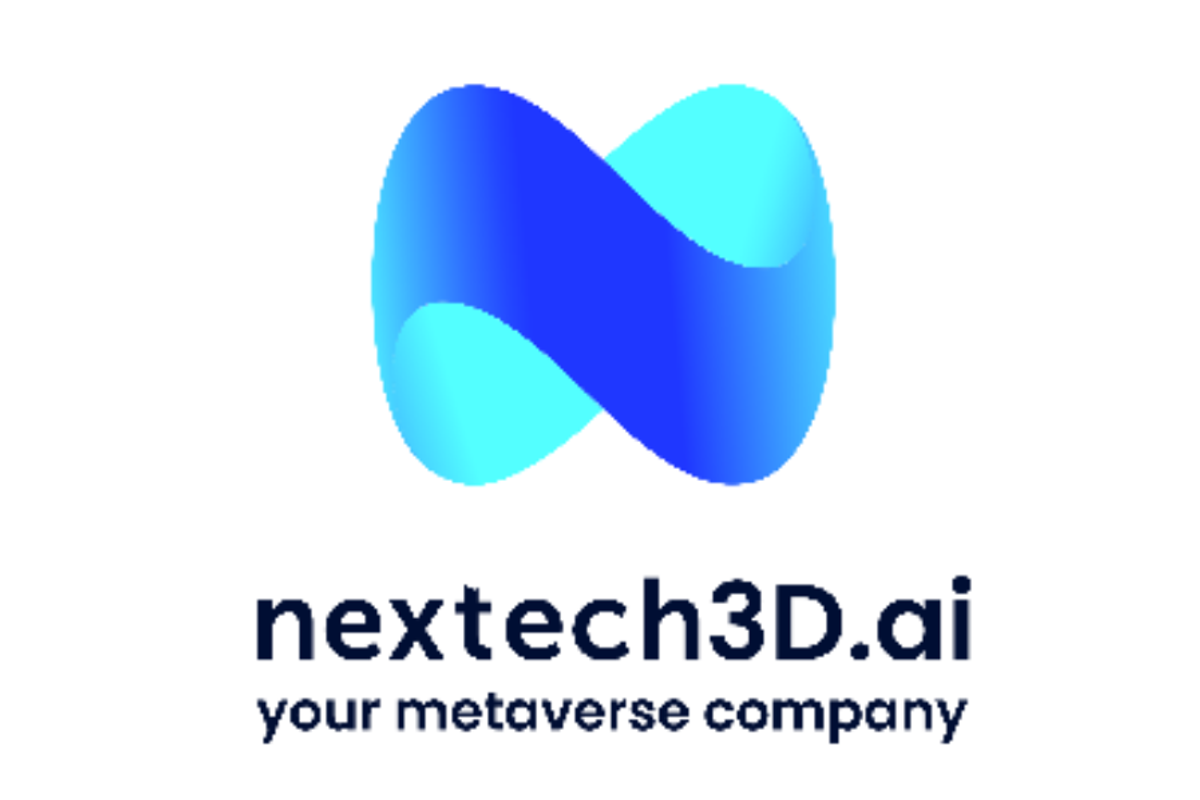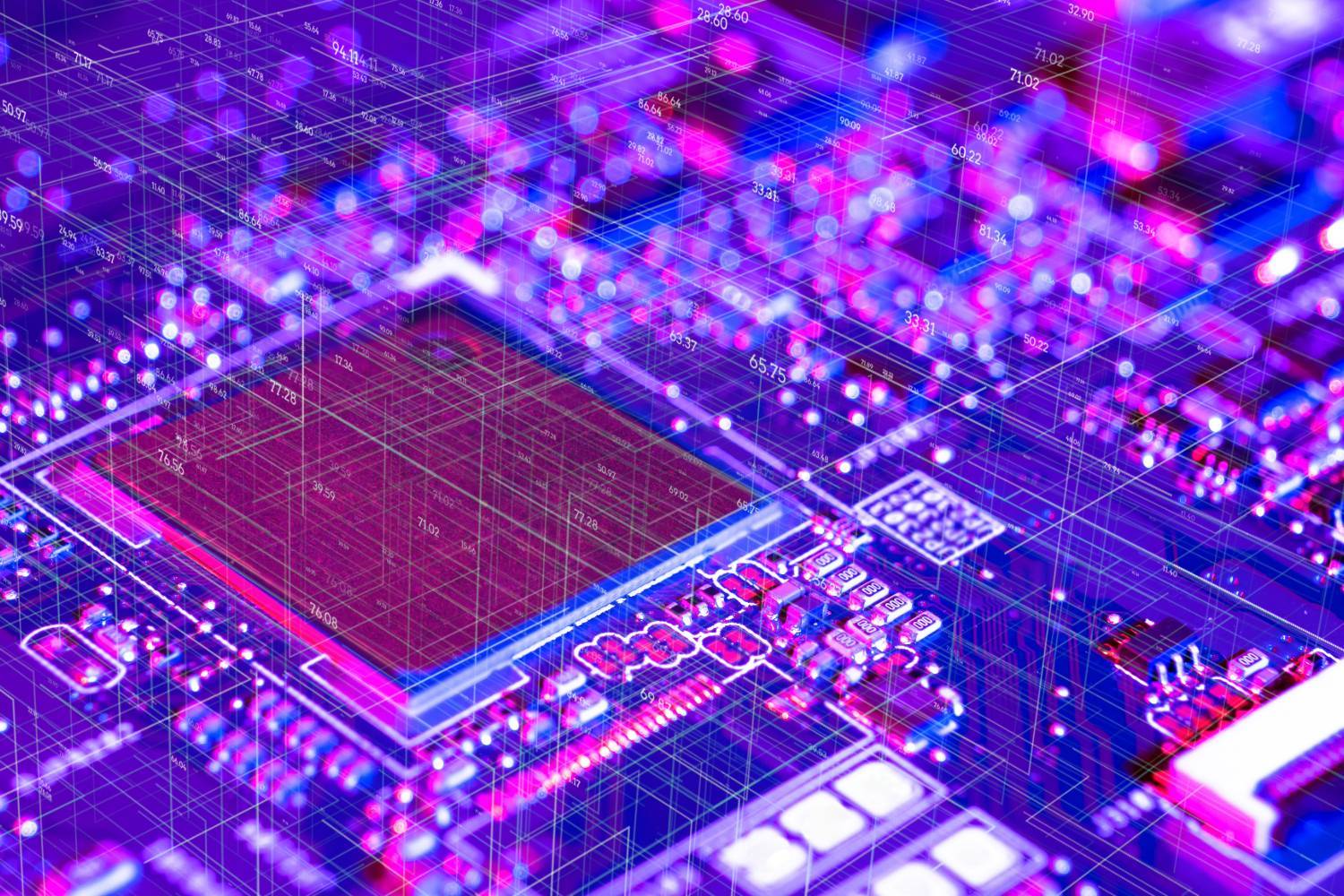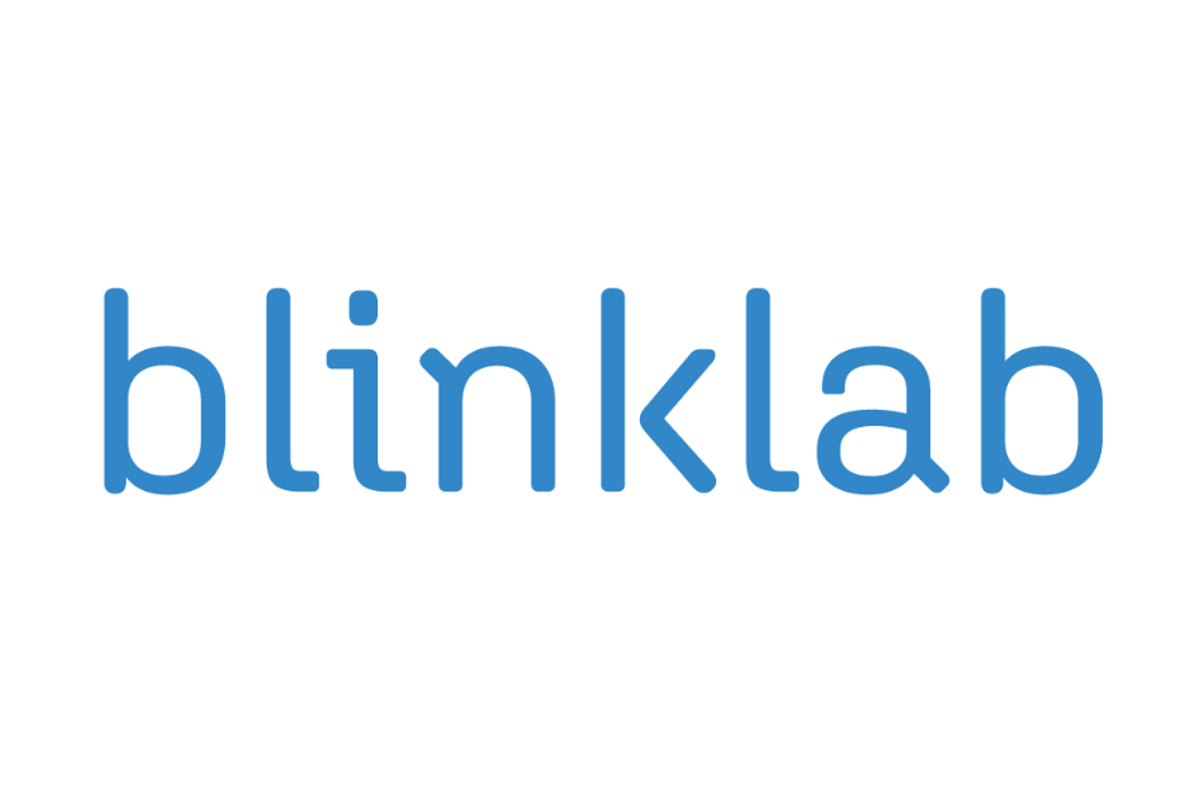
August 05, 2024
BlinkLab Limited (ASX:BB1) (“BlinkLab” or the “Company”), an innovative digital healthcare company developing smartphone-based AI powered diagnostic tests for neurological disorders, is pleased to announce a new study to run in partnership with Monash University. The study will evaluate BlinkLab as a medical device able to monitor the therapeutic effects of ketamine on cognitive processes whereby sensory information is converted into decision making. In the future, results from this study can help facilitate cognitive behavioural therapy outcomes in patients with psychiatric conditions such as depression, schizophrenia, epilepsy, and post-traumatic stress disorder (PTSD).
Highlights
- Study provides a unique opportunity to discover the building blocks of cognition with the potential to transform our understanding of a range of clinical conditions including depression, schizophrenia, epilepsy, PTSD.
- Potential to demonstrate that drugs targeting glutamatergic neurotransmission can treat some aspects of psychiatric disease symptomology or improve the efficacy of cognitive behavioural therapy.
- Evaluates ability of BlinkLab tests to be used as a tool to measure pharmacological effects of existing and novel therapeutic agents.
Significance of the Study
Perceptual decision-making is a fundamental cognitive process where sensory information is transformed into meaningful interpretations of the environment, guiding our actions. This field has flourished through the integration of neuroscience and mathematical modelling , providing a robust framework for investigating the neural mechanisms involved. The core idea is that decisions are based on the accumulation of sensory evidence until a decision threshold is reached. These advancements offer a unique opportunity to uncover the fundamental components of cognition and have the potential to revolutionise our understanding of various clinical conditions. By characterising underlying mechanistic abnormalities, refining clinical classifications, and identifying intervention targets, this research holds promise for significant clinical advancements and new therapies for a variety of psychiatric and neurodevelopmental conditions.
The study, conducted by the School of Psychological Sciences at Monash University will investigate the impact of glutamate challenge on perceptual decision making (including behavioural performance, sensorimotor gating) by administering ketamine while participants perform a prepulse inhibition test using BlinkLab application.
The study will be able to demonstrate whether administration of ketamine can disrupt basic sensory encoding mechanisms, which will be detectable in reduced prepulse inhibition.
Study Design
The study will recruit up to 35 healthy adults between 18-55 years old. Each participant will complete 3 testing sessions after ketamine administration. Their participation is expected to take 4-5 weeks per subject.
Terms of the Collaboration Agreement (“Agreement”)
- Responsibilities: BlinkLab will provide access to its technology, data and shall facilitate the use of its platform during the term of the Agreement.
- Financial arrangements: None at the date of signing (to be determined via mutual agreement in the future and in a separate agreement).
- Intellectual Property: Each party will retain all right, title and interest in and to its background intellectual property (copyright, trademarks, designs, know how, patents, plant varieties, confidential information and all other intellectual property as defined in article 2 of the Convention establishing the World Intellectual Property Organization 1967). Any project IP (generated through the study) will be owned by Monash University.
- Term: Date of signature by the last party to sign (5 August 2024), until completion of the Research Project as communicated by Monash.
- Termination: Either party may terminate this Agreement by giving between 5 and 20 days written notice (at the terminating party’s election) to the other party if the other party commits a material breach of the Agreement and does not remedy that breach within 10 days after receiving notice requiring them to do so. Monash may terminate this agreement with immediate effect by giving written notice to BlinkLab.
- Confidentiality: Standard confidentiality terms for an agreement of this nature included.
This announcement has been approved by the Board of Directors.
Click here for the full ASX Release
This article includes content from Blinklab Limited, licensed for the purpose of publishing on Investing News Australia. This article does not constitute financial product advice. It is your responsibility to perform proper due diligence before acting upon any information provided here. Please refer to our full disclaimer here.
BB1:AU
The Conversation (0)
25 September 2024
BlinkLab Limited
Revolutionising Mental Health Care Through Mobile Solutions
Revolutionising Mental Health Care Through Mobile Solutions Keep Reading...
01 May 2025
Successful Placement of A$7.66M to Underpin Growth Strategy
BlinkLab Limited (BB1:AU) has announced Successful Placement of A$7.66M to Underpin Growth StrategyDownload the PDF here. Keep Reading...
29 April 2025
Trading Halt
BlinkLab Limited (BB1:AU) has announced Trading HaltDownload the PDF here. Keep Reading...
27 April 2025
Quarterly Activities/Appendix 4C Cash Flow Report
BlinkLab Limited (BB1:AU) has announced Quarterly Activities/Appendix 4C Cash Flow ReportDownload the PDF here. Keep Reading...
31 March 2025
BlinkLab Surpasses Key Milestone in Pivotal U.S. Trial
BlinkLab Limited (BB1:AU) has announced BlinkLab Surpasses Key Milestone in Pivotal U.S. TrialDownload the PDF here. Keep Reading...
30 March 2025
Trading Halt
BlinkLab Limited (BB1:AU) has announced Trading HaltDownload the PDF here. Keep Reading...
04 February
AI Infrastructure Moving to the Edge to Transform User Experience
While the first phase of the AI gold rush was defined by massive investments in centralized data centers, 2026 is about proving those billions can translate into fast, reliable AI that people will use every day. One Canadian startup, PolarGrid, is betting that the answer lies at the edge rather... Keep Reading...
29 January
Quarterly Activities/Appendix 4C Cash Flow Report
Unith (UNT:AU) has announced Quarterly Activities/Appendix 4C Cash Flow ReportDownload the PDF here. Keep Reading...
20 January
The Performance Chasm: Is the AI Rally Over or Just Shifting Gears?
The investment landscape of 2025 will be remembered for its historic divide, where the widespread boom in artificial intelligence (AI) created a tale of two worlds in the stock market.On one side, the Magnificent 7 and specialized players like Palantir Technologies (NASDAQ:PLTR) drove massive... Keep Reading...
20 January
Nextech3D.ai Scales National Event Infrastructure to 35 Major U.S. Cities; Launches 58 New AI-Ready Experiences to Meet Enterprise Demand
Strategic Integration of Generative AI 'Semantic Memory' via OpenAI and Pinecone Vector Database Supports Rapid Expansion of Corporate Engagement Platforms TORONTO, ON / ACCESS Newswire / January 20, 2026 / Nextech3D.ai (OTCQB:NEXCF)(CSE:NTAR,OTC:NEXCF)(FSE:1SS), a leader in AI-powered event and... Keep Reading...
16 January
Tech Weekly: Chip Stocks Soar on Taiwan Semiconductor Earnings
Welcome to the Investing News Network's weekly brief on tech news and tech stocks driving the market. We also break down next week's catalysts to watch to help you prepare for the week ahead.Don't forget to follow us @INN_Technology for real-time news updates!Securities Disclosure: I, Meagen... Keep Reading...
16 January
Nextech3D.ai Partners with BitPay to Power Crypto and Stablecoin Payments for Events
Company Strengthens Event Tech Infrastructure with Milestone AWS Migration and Enhanced Blockchain CredentialingAWS Cloud Infrastructure OptimizationSmart Contract UniformityFlexible Asset Standards ERC721/ ERC1155 TORONTO, ON AND NEW YORK CITY, NY / ACCESS Newswire / January 16, 2026 /... Keep Reading...
Latest News
Interactive Chart
Latest Press Releases
Related News
TOP STOCKS
American Battery4.030.24
Aion Therapeutic0.10-0.01
Cybin Corp2.140.00
